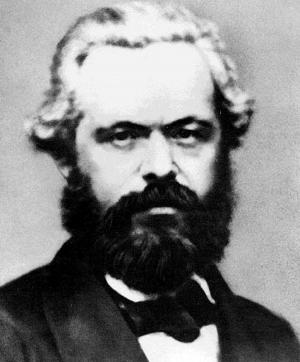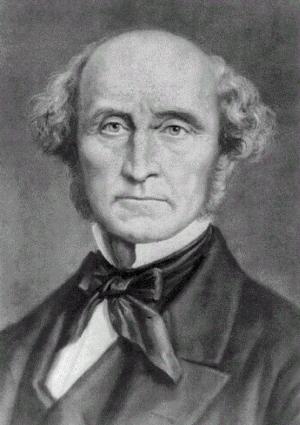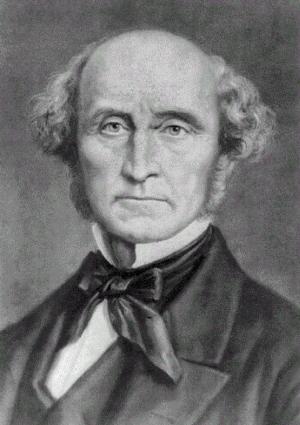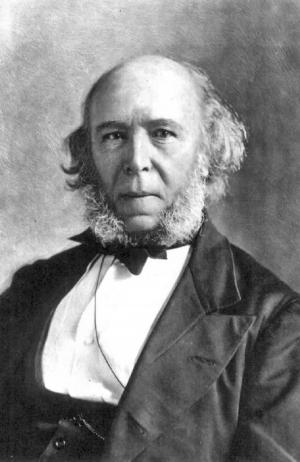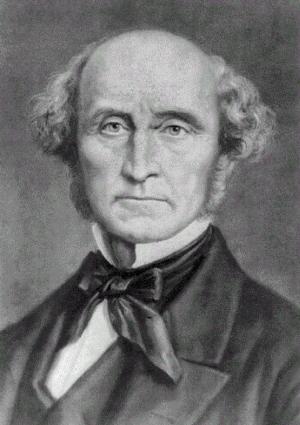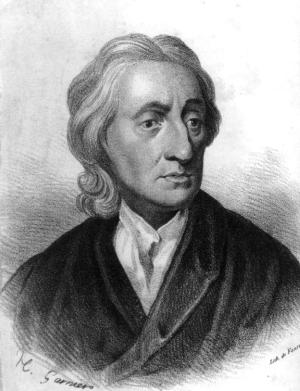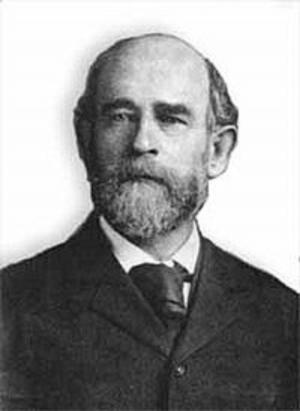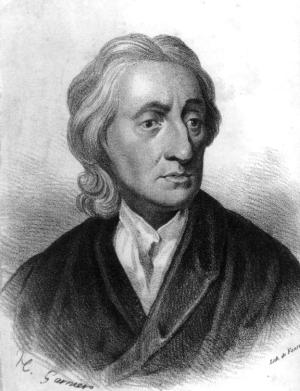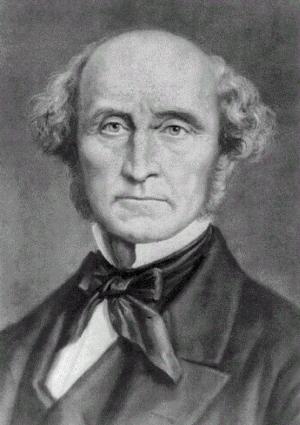Observations on the Effects of the Corn Laws: Full and Fine Text of 1814 Edition (Illustrated)
Business & Finance, Economics, Macroeconomics, Theory of Economics| Author: | Thomas Malthus | ISBN: | 1230000271385 |
| Publisher: | AS Team | Publication: | September 30, 2014 |
| Imprint: | Language: | English |
| Author: | Thomas Malthus |
| ISBN: | 1230000271385 |
| Publisher: | AS Team |
| Publication: | September 30, 2014 |
| Imprint: | |
| Language: | English |
The book has an active table of contents for easy access to each chapter.
Thomas Robert Malthus was the founding father of population theory of classical economics and his most well-known work AN ESSAY ON THE PRINCIPLE OF POPULATION was initially published in 1798. Malthus was often misinterpreted, but his views became popular again in the 20th century with the advent of Keynesian economics.
Malthus made essential contributions to classical economics and he has been called the most influential classical economist along with Adam Smith, John Keynes, Karl Marx, and John Stuart Mill. John Keynes called him the "first of the Cambridge economists". In The General Theory of Employment, Interest and Money, Keynes praised Malthus's understanding of an economy's difficulties in maintaining full employment.
Malthus founded the population theory of classic economics. He told the world that population would increase in an exponential way. On the other hand, food supply could only increase to a certain point due to the limitation of land productivity and other factors. Are Malthus's ideas totally irrelevant today? Not at all. The fact remains that the world population keeps increasing, and will keep increasing.
Regarding the Corn Law in 1815, John Mill, David Ricardo and Malthus were on opposite sides of the free-trade issue. Mill and Ricardo viewed rent as a socially unnecessary payment at the expense of profits and therefore argued vigorously in favor of free trade. However, Malthus argued that higher corn prices were in the interests of the workers since the workers' purchasing power was closely tied to the price of corn. Malthus took the opposite stand and argued in favor of the Corn Law.
Malthus’s work also influenced Charles Darwin and John Keynes, two of the greatest thinkers. Charles Darwin pioneered evolution theory through his book On the Origin of Species and his theory influenced not only biology but also economics and sociology.
This is a must-read book for people who are also interested in the deepest thoughts and views about the core economic subjects such as protection or free trade by Thomas Malthus, one of the greatest thinkers on the planet.
The book has an active table of contents for easy access to each chapter.
Thomas Robert Malthus was the founding father of population theory of classical economics and his most well-known work AN ESSAY ON THE PRINCIPLE OF POPULATION was initially published in 1798. Malthus was often misinterpreted, but his views became popular again in the 20th century with the advent of Keynesian economics.
Malthus made essential contributions to classical economics and he has been called the most influential classical economist along with Adam Smith, John Keynes, Karl Marx, and John Stuart Mill. John Keynes called him the "first of the Cambridge economists". In The General Theory of Employment, Interest and Money, Keynes praised Malthus's understanding of an economy's difficulties in maintaining full employment.
Malthus founded the population theory of classic economics. He told the world that population would increase in an exponential way. On the other hand, food supply could only increase to a certain point due to the limitation of land productivity and other factors. Are Malthus's ideas totally irrelevant today? Not at all. The fact remains that the world population keeps increasing, and will keep increasing.
Regarding the Corn Law in 1815, John Mill, David Ricardo and Malthus were on opposite sides of the free-trade issue. Mill and Ricardo viewed rent as a socially unnecessary payment at the expense of profits and therefore argued vigorously in favor of free trade. However, Malthus argued that higher corn prices were in the interests of the workers since the workers' purchasing power was closely tied to the price of corn. Malthus took the opposite stand and argued in favor of the Corn Law.
Malthus’s work also influenced Charles Darwin and John Keynes, two of the greatest thinkers. Charles Darwin pioneered evolution theory through his book On the Origin of Species and his theory influenced not only biology but also economics and sociology.
This is a must-read book for people who are also interested in the deepest thoughts and views about the core economic subjects such as protection or free trade by Thomas Malthus, one of the greatest thinkers on the planet.

